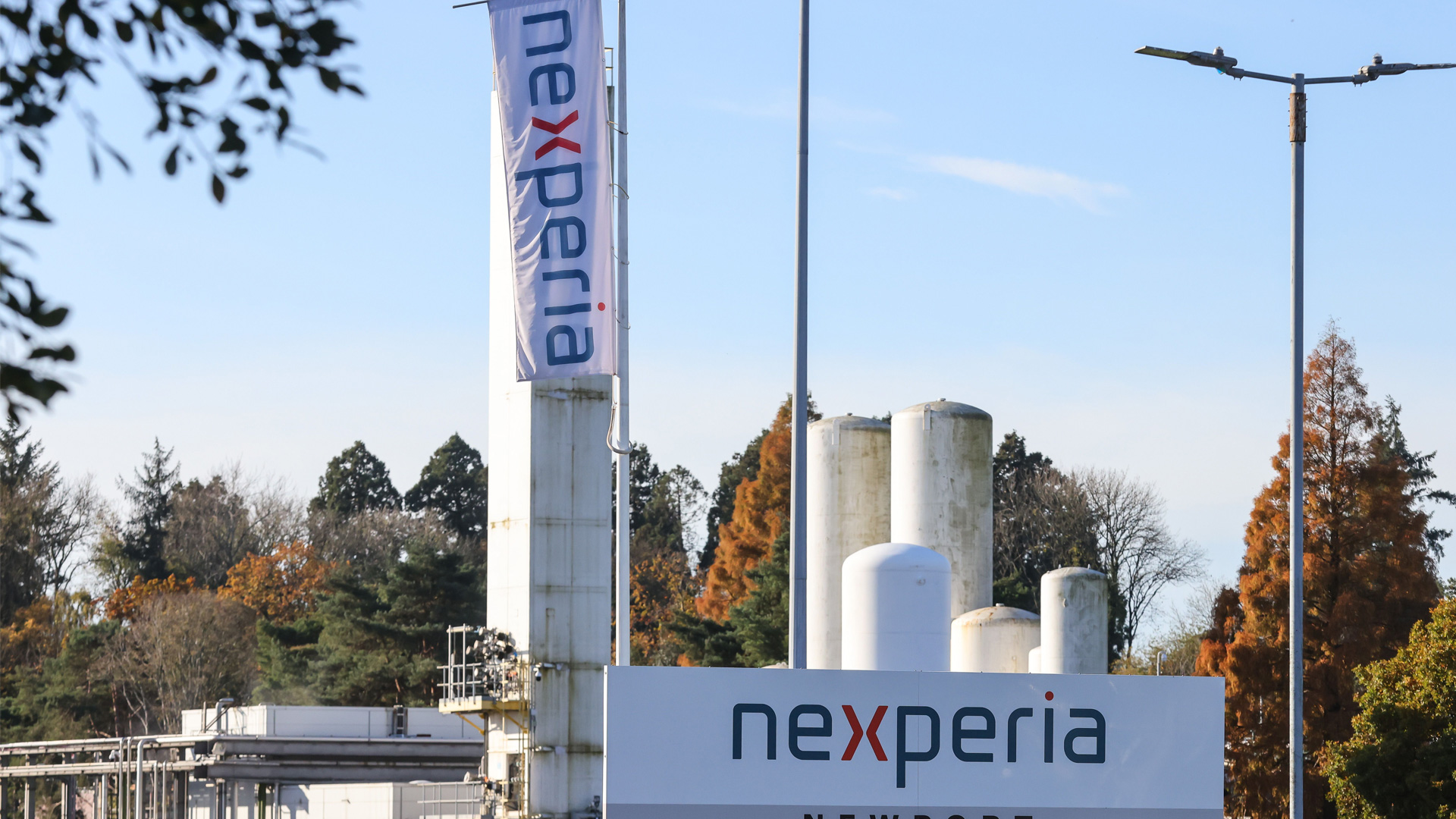Automotive officials warn of 'devastating' chip storage as Nexperia halts China-bound wafer shipments — companies working 'around the clock' to find alternatives
Dutch-Chinese dispute disrupts auto supply chains amid fragile recovery from pandemic-era shortages.

A growing dispute inside one of Europe’s largest chipmakers is threatening to derail automotive production across the continent just as the industry begins to recover from years of semiconductor supply instability.
Netherlands-based Nexperia halted shipments of silicon wafers to its Chinese backend facility in October. The internal freeze follows the Dutch government’s October decision to seize control of the company, oust its China-based CEO, and impose tighter oversight over operations. That move, prompted by what officials described as “serious governance shortcomings,” has fractured the relationship between Nexperia’s EU and China units and left carmakers warning that inventories could run out within weeks, a potentially "devastating" outcome.
Executives from major OEMs and Tier-1 suppliers told the Financial Times that they are already working “around the clock” to identify alternative sources. One official said that without resumed wafer deliveries from Europe, stocks in China could be exhausted by mid-December. The Nexperia plant in China typically handles final assembly and testing for the bulk of the company’s automotive chips, which are then shipped globally.
While some limited exports have resumed following a recent easing of Beijing’s own export controls on chipmaking tools and materials, that partial reopening has not resolved the impasse. According to ACEA, the European car industry’s main trade group, the issue is no longer regulatory but operational, with Nexperia Netherlands having suspended direct supply to China, citing financial misconduct by the subsidiary and a refusal to comply with internal directives.
“We welcome the Chinese announcement lifting export controls,” ACEA said in a statement, “but we will not have enough chips to meet global demand as long as there are restrictions on the export of wafers to China. We are moving in the right direction, but it is not solved yet.”
The risk is significant because Nexperia doesn’t make high-performance processors or AI chips. Instead, it supplies commodity discrete parts like MOSFETs, ESD protection circuits, and small-signal logic that go into everything from airbag controllers to window switches. These are chips that typically cost under a dollar but are required in high volume, with some vehicles needing dozens of units per board.
Volkswagen said that while its plants in Germany have not yet been impacted, the situation remained “dynamic and uncertain.” Other automakers suggested they had only a few weeks of buffer stock left and urged the company to resolve the standoff internally.
Get Tom's Hardware's best news and in-depth reviews, straight to your inbox.
Follow Tom's Hardware on Google News, or add us as a preferred source, to get our latest news, analysis, & reviews in your feeds.


Luke James is a freelance writer and journalist. Although his background is in legal, he has a personal interest in all things tech, especially hardware and microelectronics, and anything regulatory.
-
TechieTwo Proof why you should not have all your eggs in one basket. Multiple supply sources will be required from now on for most large industry consumers.Reply -
JamesJones44 It seems corporations have learned nothing from the last 2 "chip crisis" that occurred over covid and the first trade war. Maybe the 3rd time is the charm to get corporations to diversify their supply chains.Reply -
DS426 Reply
Agreed. Global supply chains are still surprisingly fragile. Engineering focuses in on a single product vendor and model without having a second-source option lined up. This needs to change pronto. Not engineers' fault but rather executive-level failures in foresight and architecting resilient business operations and product pipelines.JamesJones44 said:It seems corporations have learned nothing from the last 2 "chip crisis" that occurred over covid and the first trade war. Maybe the 3rd time is the charm to get corporations to diversify their supply chains. -
Captain Awesome This chip shortage is bad, but not as bad as the 2023 shortage here when stores ran out of Doritos Sweet Chili Heat. 😮Reply -
phead128 Reply
Proof that seizing companies using obscure wartime laws has it's consequences. The supply chain was fine until Dutch decided to nationalize/seize ownership of Nexperia. It's really crazy how it's being spinned as a supply chain issue, and not some overreach of national security issue.TechieTwo said:Proof why you should not have all your eggs in one basket. Multiple supply sources will be required from now on for most large industry consumers. -
skedge Replyphead128 said:Proof that seizing companies using obscure wartime laws has it's consequences. The supply chain was fine until Dutch decided to nationalize/seize ownership of Nexperia. It's really crazy how it's being spinned as a supply chain issue, and not some overreach of national security issue.
Shortsighted status quo-phead. The Chinese were sneaking the company out of the Netherlands.